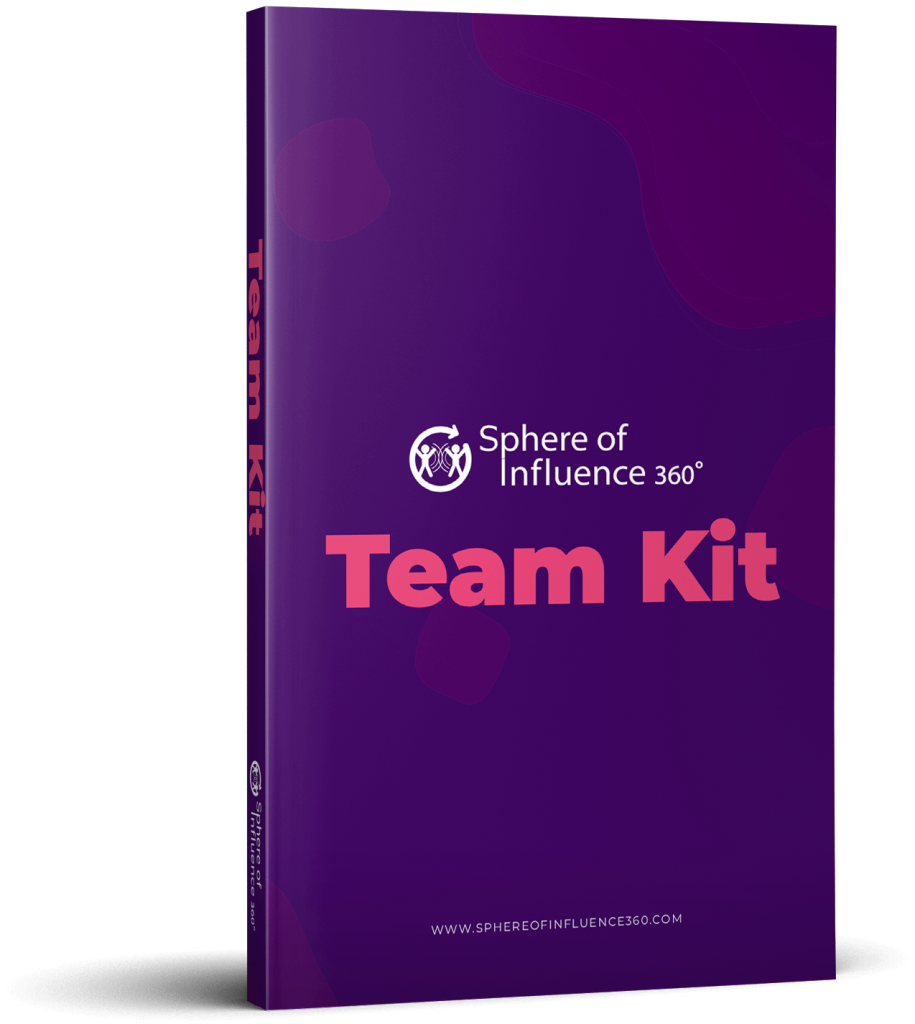We houden allemaal van een goed verhaal. Spannende en smeuïge details zijn nu eenmaal vermakelijker dan droge, harde feiten. En het delen van een tot de verbeelding sprekend verhaal is een geweldige manier om een band met anderen op te bouwen.
Betrap jij jezelf er wel eens op dat je je verhalen verfraait of deze steeds verder uitbreidt met meer en meer (fictieve) details?
Like that small headache that became a migraine when you spoke to friends…or that 2-hour task that you said you slaved all night on?
Overdrijven, of van elke mug een olifant maken, gebeurt wanneer je alledaagse gebeurtenissen groter maakt dan ze zijn. Als je ooit die grens hebt overschreden, weet je dat dit averechts kan werken. Dat het je relaties kan beschadigen en je in de problemen kan brengen.
In dit artikel leg ik uit waarom dit gedrag door stress kan komen en geef ik aan hoe je het mooier maken van je verhaal kunt verminderen met een paar praktische coaching tips.
The Link Between Stress and Exaggeration
As I mentioned, we’re all guilty of a little ‘conversational embellishment’ in everyday life, and within healthy limits, it can even serve a valuable social purpose.
Psychologist Holly Cole, for example, found the enjoyment levels of listeners who heard accurate, exaggerated, and completely untrue stories were highest when the stories were exaggerated, but not outright lies. The listeners even felt closer to the ‘exaggerating’ storytellers despite knowing that they had added a few fictional flourishes of their own.
Sometimes, however, we push the limits of everyday exaggeration by making our stories a little too hard to buy into. It’s when we do this that we experience the downsides of magnifying everything.
So how do you know if you’re doing it?
Some signs that you may be damaging, rather than strengthening your relationships with over-exaggeration include the following:
- Describing slight inconveniences as traumatic ordeals to others
- Turning small upsets into emotional catastrophes when you talk about them, and
- Seeing conversations as a chance to elicit responses from others, instead of opportunities to convey information.
If you frequently find yourself using phrases like “It’s killing me,” “I can never…,” or even “You always…” when you are under pressure, it may indicate that you’re magnifying things as a reaction to stress.
The Risks of Exaggerating
But why do we do it?
There are a few main reasons we tend to over-magnify everything when stress is taking its toll:
- To win others’ attention
- To seem interesting
- To fill awkward silences, and/or
- To get the approval of our listeners.
Unfortunately, it doesn’t always have its intended effect, and in fact, it can even lead to a few more unpleasant downsides. Magnifying everything can:
- Alienate others, and drive them to avoid us
- Damage our credibility (ever heard of the boy who cried wolf?), and even
- Lead to us believing our own fictional accounts.
The tricky thing about overmagnification is that we don’t always overstate ourselves with a goal in mind. We may simply find ourselves doing it as a way to relieve the tension we feel, and in these cases, it doesn’t matter who believes our fictionalized stories.
This is the reason I created the Magnifying Everything Stress Coaching Card, and why I’m sharing these three tips to help you beat it.
3 Tips To Stop Being Dramatic
If you or someone you coach wants to stop turning mice into elephants, these three coaching tips should help.
1. Use Fewer Adverbs
Keep it simple – try dropping one adverb from your sentences before you say them, or even stop using them entirely when you’re in magnifying mode.
One useful technique is to list your commonly-used adverbs (e.g. awful, deeply, insanely), and ask yourself if they’re justified. If you can’t rationalize their use, leave them out. Alternatively, you could consider some scaled-down alternatives to these frequent offenders; for example:
“Always” might become:
- Often
- A moderate amount
- Sometimes…or even just
- Occasionally.
Which is most accurate? Next time, use that adverb instead when you talk.
2. Challenge Your Logic
Think about the reasons you may be magnifying, and reassess whether they hold water.
Use these self-reflection prompts to help you:
What do you hope to gain by over-exaggerating?
What advantages has it brought you in the past?
Are they still relevant or important?
Can you realize them without overstating yourself?
What are the disadvantages of doing it?
Do they outweigh the potential upsides?
3. Empathize
Don’t underestimate the benefits of stepping into your listeners’ shoes, because practicing empathy this way can be quite revealing.
Would you really feel admiration, approval, or fascination if someone told you an obviously untrue story? How would you feel instead?
Looking at yourself from another’s perspective can give you a taste of the frustration or upset they may feel, which might prompt you to stop making mountains out of molehills.
References
- Cole, H. E., & Beike, D. R. (2019). Tall tales make fast friends: Exaggerating when retelling previous experiences fosters relational closeness. Journal of Social and Personal Relationships, 36(8), 2287-2306.

